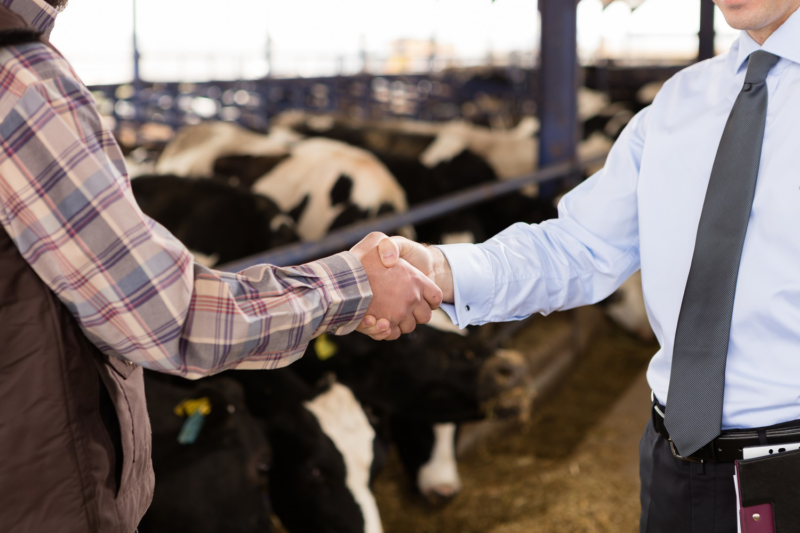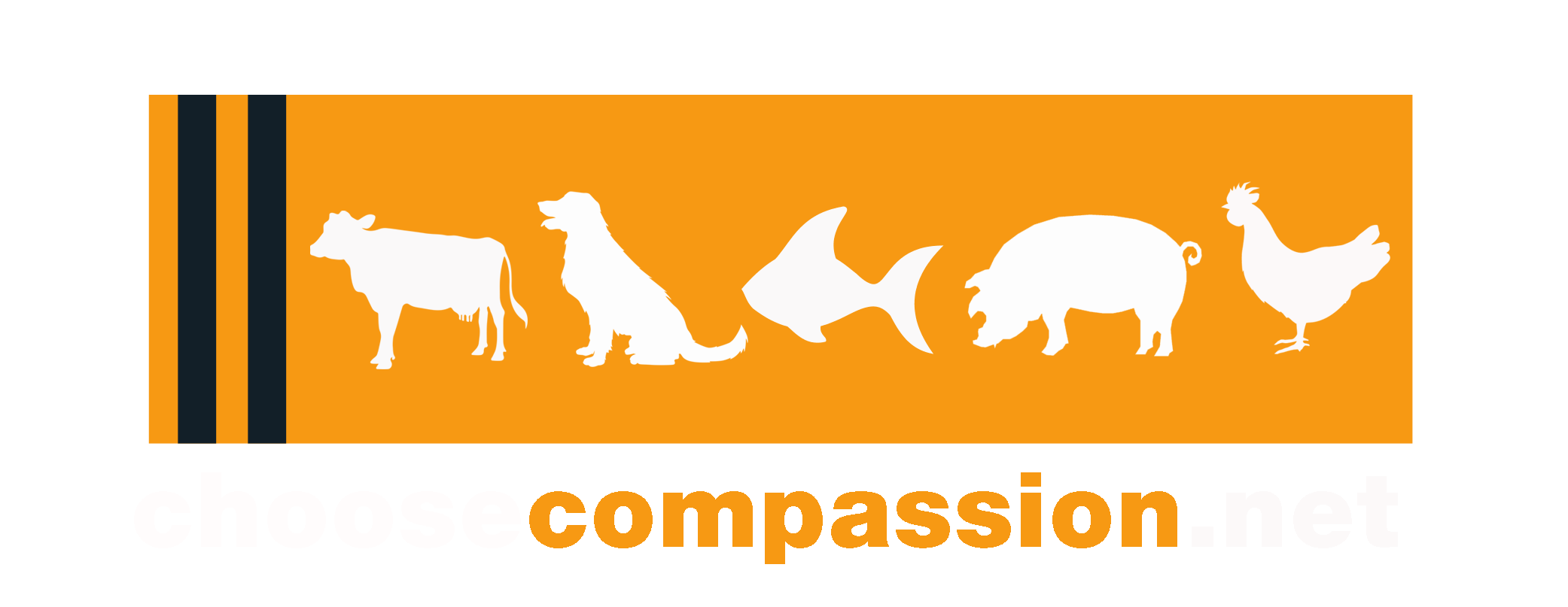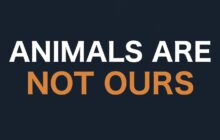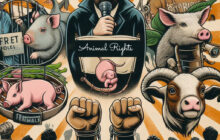
Animal exploitation, like how the slave system operated, is one of the drivers of economies worldwide today. Where you stand on animal rights today reflects where you would have stood on slavery. Here’s how.
Slavery was a brutal and inhumane system that exploited millions of people for economic gain.
Slavery was not only a violation of human rights, but also a threat to the moral fabric of society. Many abolitionists fought against slavery on ethical and religious grounds, arguing that all human beings are created equal and deserve freedom and dignity¹.
Slavery also had a significant impact on the global economy, especially in the Atlantic world. Slavery enabled the production and trade of lucrative crops such as sugar, tobacco, and cotton, which fueled the industrial revolution and the rise of capitalism². Slavery also contributed to the development of colonialism and imperialism, as European powers competed for territories and resources in Africa, Asia, and the Americas³.
However, slavery was not inevitable or natural. It was a social construct that was challenged and resisted by many enslaved people and their allies. Slavery was abolished in most parts of the world in the 19th and 20th centuries, thanks to the efforts of social movements, political leaders, and international organizations⁴.
Today, we face a similar moral dilemma when it comes to animal rights.
Animal rights advocates believe that non-human animals should be free to live as they wish, without being used, exploited, or otherwise interfered with by humans⁵. They argue that animals are sentient beings who can feel pain and pleasure, and who have their own interests and preferences⁶.
Animal exploitation is also a major driver of economies worldwide today. Animal agriculture is a source of income and livelihood for many farmers and workers⁷. Livestock production is one of the fastest-growing sectors in agriculture and it offers employment opportunities along numerous animal production value chains. It also generates jobs in related sectors including transport, trade, feed and input provision as well as veterinary services 2. The continuous growth and transformation of the livestock sector offer substantial opportunities for agricultural development.
However, animal exploitation is also a source of immense suffering and environmental destruction. Animal agriculture is one of the leading causes of deforestation, greenhouse gas emissions, water pollution, biodiversity loss, and antibiotic resistance⁸. Animal agriculture also involves the confinement, mutilation, and slaughter of billions of animals every year⁹.
Therefore, if you want to know where you would have stood on slavery, you should not look at where you stand on slavery today; you should look at where you stand on animal rights. Are you willing to recognize the inherent value and dignity of all living beings? Are you willing to challenge the systems and practices that exploit other animals for our self-interests and benefits?
Recommended Reads: https://choosecompassion.net/brain-tune/human-supremacy-over-animals-a-dangerous-ideology/
Source: Conversation with Bing, 09/06/2023
(1) The Role of Livestock in Economic Development and Poverty Reduction. https://www.fao.org/3/bp224e/bp224e.pdf.
(2) Agriculture Overview: Development news, research, data | World Bank. https://www.worldbank.org/en/topic/agriculture/overview.
(3) Moving Towards Sustainability: The Livestock Sector and the World Bank. https://www.worldbank.org/en/topic/agriculture/brief/moving-towards-sustainability-the-livestock-sector-and-the-world-bank.
(4) Why Is Production of Animal Source Foods Important for Economic …. https://academic.oup.com/af/article/10/4/22/5943506.
Source: Conversation with Bing, 09/06/2023
(1) Livestock and the environment – Home | Food and Agriculture …. https://www.fao.org/livestock-environment/en/.
(2) Importance of Animals in Agricultural Sustainability and Food Security …. https://academic.oup.com/jn/article/145/7/1377/4590010.
(3) The Economic Importance of U.S. Animal Agriculture. https://farmdocdaily.illinois.edu/2019/08/the-economic-importance-of-u-s-animal-agriculture.html.
(4) Why Is Agriculture Important? Benefits and Its Role. https://online.maryville.edu/blog/why-is-agriculture-important/.
(5) Agriculture Overview: Development news, research, data | World Bank. https://www.worldbank.org/en/topic/agriculture/overview.
Source: Conversation with Bing, 09/06/2023
(1) Historical Context: Was Slavery the Engine of American Economic Growth …. https://www.gilderlehrman.org/history-resources/teaching-resource/historical-context-was-slavery-engine-american-economic-growth.
(2) How did slaves contribute to the economy? – Short-Fact. https://short-fact.com/how-did-slaves-contribute-to-the-economy/.
(3) New research shows slavery’s central role in U.S. economic growth …. https://equitablegrowth.org/new-research-shows-slaverys-central-role-in-u-s-economic-growth-leading-up-to-the-civil-war/.
(4) How Slavery Helped Build a World Economy – National Geographic. https://www.nationalgeographic.com/history/article/how-slavery-helped-build-a-world-economy.
(5) How slavery became the building block of the American economy – Vox. https://www.vox.com/identities/2019/8/16/20806069/slavery-economy-capitalism-violence-cotton-edward-baptist.


